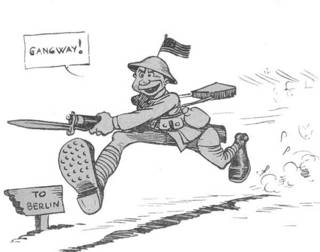I implied in the last sentence of my previous post that thousands of years ago moral philosophy had reached some kind of asymptotic limit approaching the actual limit of pure morality leading to thousands of years of regurgitation rather than progress. In general I still think this though I'm less sure that it's truly approaching the limit of pure morality, but I should qualify that by admitting my lack of authority in philosophical history.
If pure morality is limited as I argued it was then this could be understood to imply that perfect understanding of pure morality and perfect practical morality would be possible. Perfect practical morality would require perfect understanding of pure morality; the person who acted perfectly morally would have to be a philosopher. Without an understanding of the pure morality being practiced, even actions that exactly corresponded to the correct moral actions would not be morally praiseworthy because they would be shallow. It's not enough to do the right thing. One has to know that one is doing the right thing for it to be morally praiseworthy. Without understanding the person who acted would be a robot.
But a perfect understanding of morality is likewise impossible. (I'm still thinking through my argument about this.)
So far I've argued that perfection is impossible, but progress is possible in practical morality. Individuals or collections of individuals can improve (or degenerate in) their moral position. Now I'd like to think about the progress promoting factors. I'll move back to talking about the US as the collective moral actor.
There are a number of factors that seem to have instigated improvements in the moral position of the US. The most obvious that occur to me are critics, technology, and institutions.
If there is a problem with the collective moral action of a country then obviously one way to fix that problem is for someone to identify, expose, communicate, and fight for the eradication of that problem. This is the job of the social critic. To this group I would place people who have fought from below for what was right like Martin Luther King, Jr. as well as people who have fought from the top such as Lincoln. I choose these examples because they don't seem controversial to me and right now I'm not ready to delineate the exact moral content which I said was an assumption of this argument.
Technology is another way to improve the moral position. As an example let's just say that the government has a moral obligation to make available information regarding government decisions made (I'm not 100% sure about this and there would certainly have to be some caveats allowing for national security and so on). Without certain kinds of technology this is impossible (printing press).
Institutions are also important for the moral position. You could have a lot of individually good people who are in certain ways impeded from doing the right thing because of the institutions in place. Taking the same example as before one could imagine a government where information about the governments actions was by law not disbursed.
It goes without saying that the door swings both ways. That is, the negative of these three factors can induce degeneration as easily as the positive improvement.




